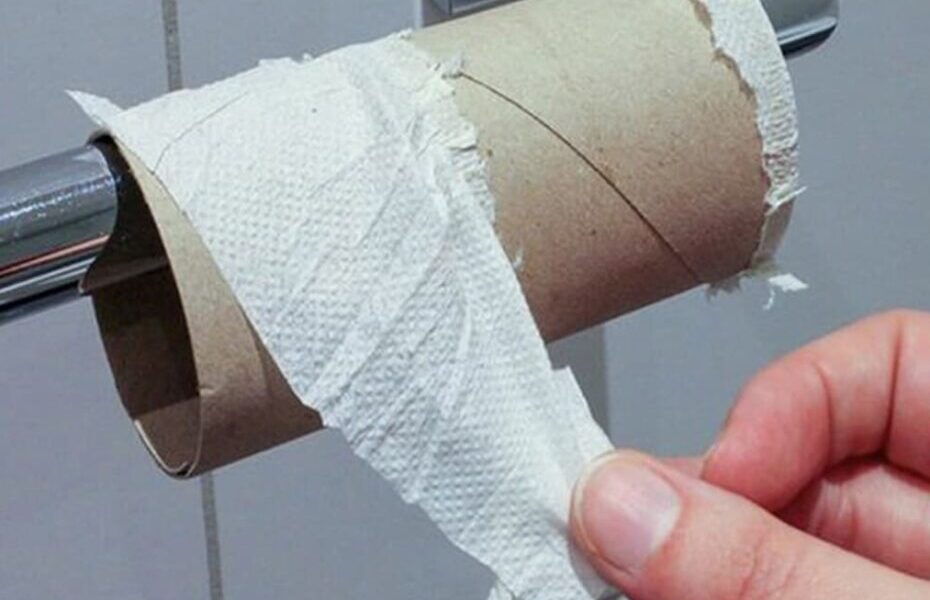Every day millions of people use toilet paper, a product that has become an essential part of our daily routine. However, the future of this basic bathroom product is uncertain and its imminent disappearance from store shelves is predicted. In France and other parts of the West, the overconsumption of toilet paper is raising urgent environmental and health concerns.
The history and environmental impact of toilet paper
Invented in the mid-19th century by Joseph Gayetty in the United States, toilet paper quickly became a global staple. Despite its undeniable usefulness, this product is increasingly criticized for its negative impact on the environment, especially because of the deforestation and pollution associated with its production. This growing ecological awareness prompts us to rethink its long-term use.
Contamination problems and health risks
Recent research, such as that conducted by the University of Florida, has shown the presence of toxic substances in some toilet paper rolls. These contaminants can cause serious health problems, including some cancers and fertility damage. In France, the rate of toilet paper contamination is particularly high, causing growing concern among consumers.
Toward more environmentally friendly and hygienic alternatives
Faced with the challenges posed by traditional toilet paper, more sustainable alternatives are emerging. The use of soap and water, a common method in many countries, is considered more hygienic and environmentally friendly. The resurgence of the bidet, especially modernized versions such as in Japan, where jetted toilets are common, could mark a significant change in our bathroom habits.
The emergence of reusable toilet paper.
Another innovation that could replace traditional toilet paper is reusable toilet paper. Made from washable materials such as cotton, this product offers a sustainable solution that reduces the waste and environmental impact associated with single-use toilet paper production. Although the idea may be surprising, it represents a viable alternative that is attracting interest because of its ecological and economic potential.
Adoption and acceptability of alternatives to toilet paper
As we contemplate a future without toilet paper, one of the most important questions remains the public’s adoption and acceptability of these alternatives. Changing entrenched habits, such as the use of toilet paper, requires not only raising public awareness but also facilitating access to these new solutions. Efforts to promote alternatives must be supported by information campaigns that illustrate the ecological and hygienic advantages of these methods over traditional practices.
Economic impact of switching to sustainable alternatives
Replacing toilet paper with more sustainable options could also have a significant economic impact. On the one hand, there is the potentially high initial cost of installing systems such as bidets or purchasing reusable toilet paper. However, in the long run, these alternatives can offer substantial savings by reducing the need to continually purchase disposable paper. Consumers and decision makers must weigh these factors to make informed choices that promote sustainability and remain cost-effective.
Challenges in the transition to greener toilets
The transition to toilets that use less toilet paper or none at all is not without challenges. It involves changes to existing infrastructure, particularly in public areas and older buildings. Implementing these solutions requires not only an initial investment, but also planning to ensure the maintenance and accessibility of these facilities. These challenges must be addressed proactively to facilitate a smooth and effective transition.
The role of public policies in promoting alternatives
Public policies play a crucial role in accelerating the adoption of alternatives to toilet paper. Governments can encourage the use of bidets or reusable paper through tax incentives, subsidies or regulatory standards that promote more sustainable practices. These policies can help overcome economic barriers and accelerate the shift to green practices.
Looking ahead: toward a hygiene revolution
Looking ahead, it is clear that the



